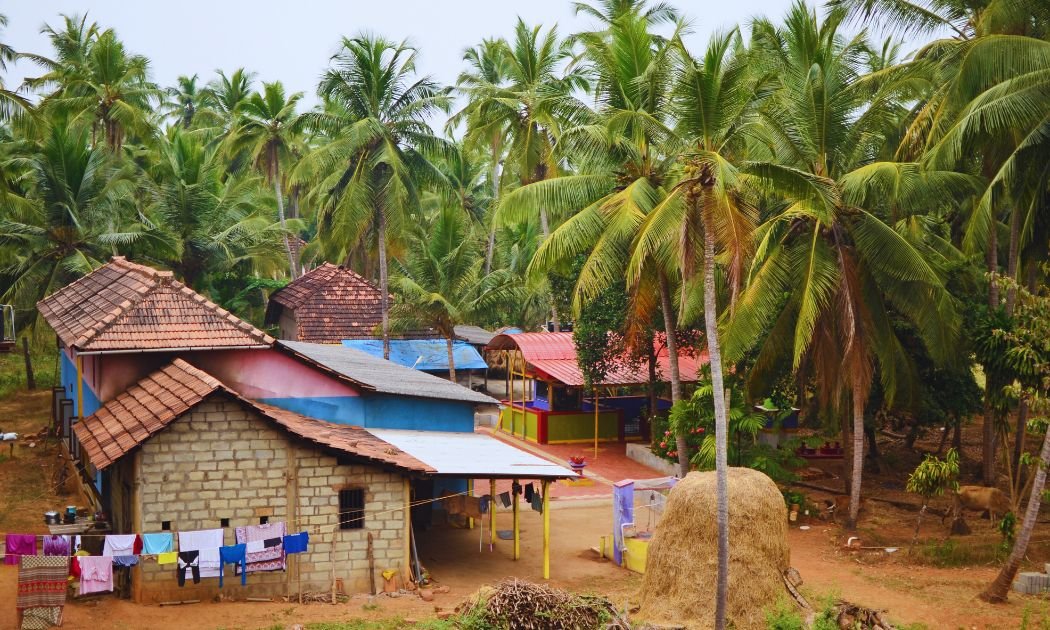South India Leads in Local Self-Governance: Karnataka, Kerala, Tamil Nadu
The Three States Grab Top Ranks in ‘Panchayat Devolution Index’
February 15, 2025The south Indian states of Karnataka, Kerala and Tamil Nadu have been ranked at the top in the country’s Panchayat Devolution Index, which measures how well state governments transfer powers, responsibilities and resources to local governing bodies called Panchayats.
The Index, which evaluates how effectively states implement decentralisation so that Panchayats function as independent local governments, was released by the Ministry of Panchayati Raj on Feb. 13. Titled “Status of Devolution to Panchayats in States — An Indicative Evidence Based Ranking,” it was prepared by the Indian Institute of Public Administration.
The Panchayat system refers to the structure of rural local self-governance, where villages govern themselves through elected bodies called Panchayats. This system is recognised under Part IX of the Indian Constitution, introduced through the 73rd Amendment Act, 1992. According to Article 243, states are required to establish a three-tier system consisting of Gram Panchayats at the village level, Block Panchayats (Panchayat Samitis) at the intermediate level and Zila Parishads at the district level.
These bodies have a five-year term and are elected through direct elections, with reservations for Scheduled Castes, Scheduled Tribes and women. They receive financial support through grants from the State and Central Finance Commissions, funding areas such as agriculture, water management, education and rural development.
The purpose of the Panchayat system is to bring governance closer to the people, allowing them to make decisions on local issues. This ensures better service delivery and accountability, as Panchayat representatives are directly elected by the community. The system strengthens democracy at the grassroots level, making governance more responsive and inclusive.
Karnataka not only secured the top position overall but also led in the sub-indices of “finances” and “accountability.”
Karnataka was recognised as one of the leading performers in the timely release and utilisation of grants-in-aid from the 15th Finance Commission. It also ensured that funds recommended by the State Finance Commission were disbursed to Panchayats without delays. The state was also noted for having one of the highest numbers of Panchayat officials working in sanctioned positions as prescribed by the government.
Kerala and Tamil Nadu secured the second and third positions in the rankings. Maharashtra ranked fourth, followed by Uttar Pradesh, Gujarat, Tripura, Rajasthan, West Bengal and Chhattisgarh.
In the concluding remarks, the Index noted that it ranked states based on how well they had transferred power and resources to local governments and how much progress they had made over time. States that performed well had given Panchayats clear responsibilities, control over officials working under them, enough funds to manage their duties and the ability to make decisions without depending too much on higher authorities.

